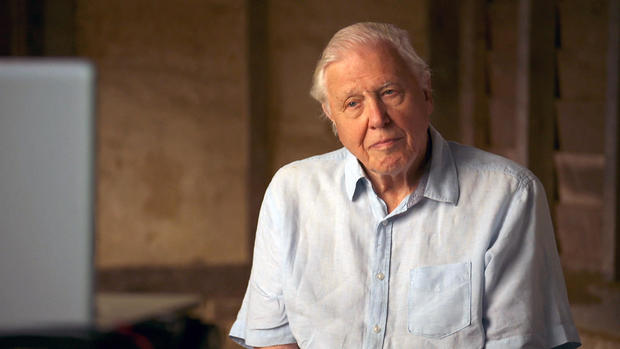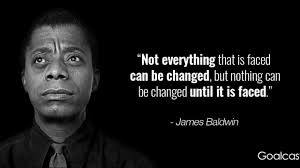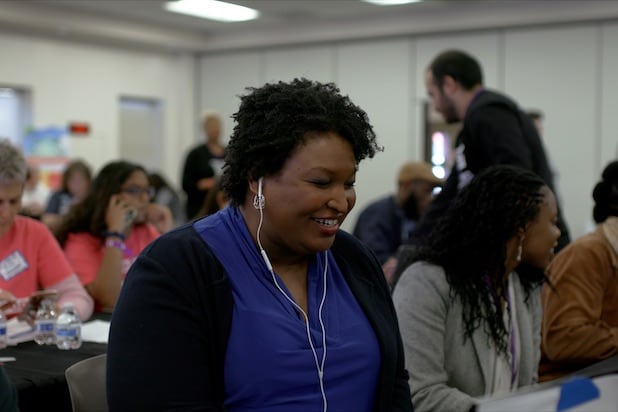Climate Change
Pull investments from companies not committed to environment, pope says.
Pull investments from companies not committed to environment, pope says – VATICAN CITY (Reuters). Pope Francis urged people to pull investments from companies that are not committed to protecting the environment, adding his voice to calls for the economic model that emerges from the coronavirus pandemic to be a sustainable Read more…




